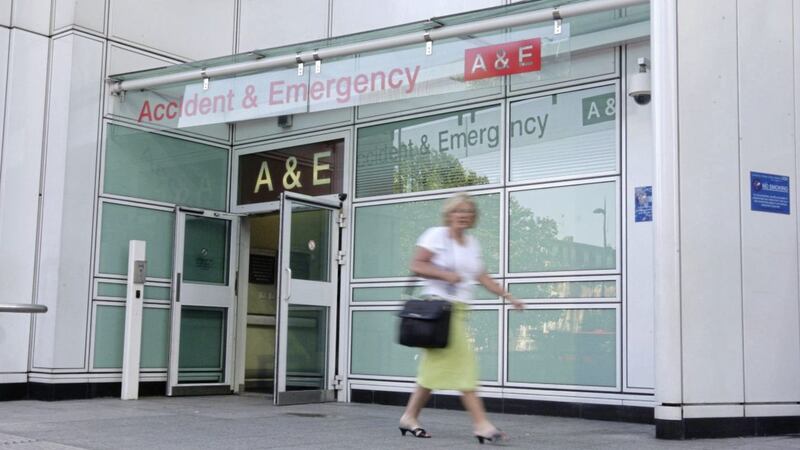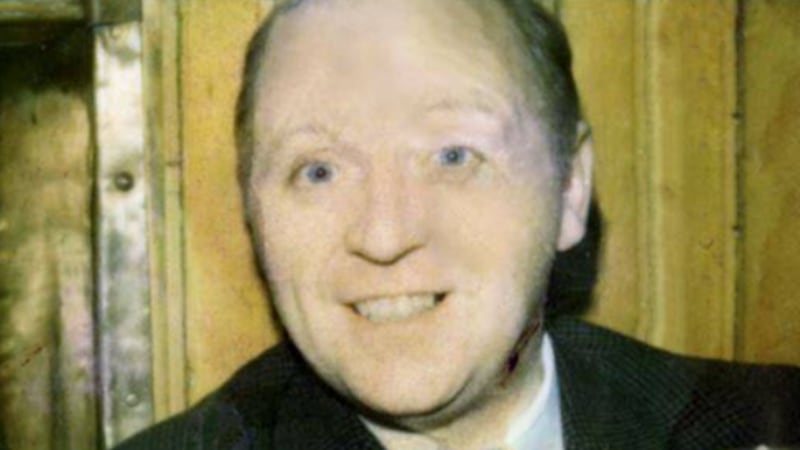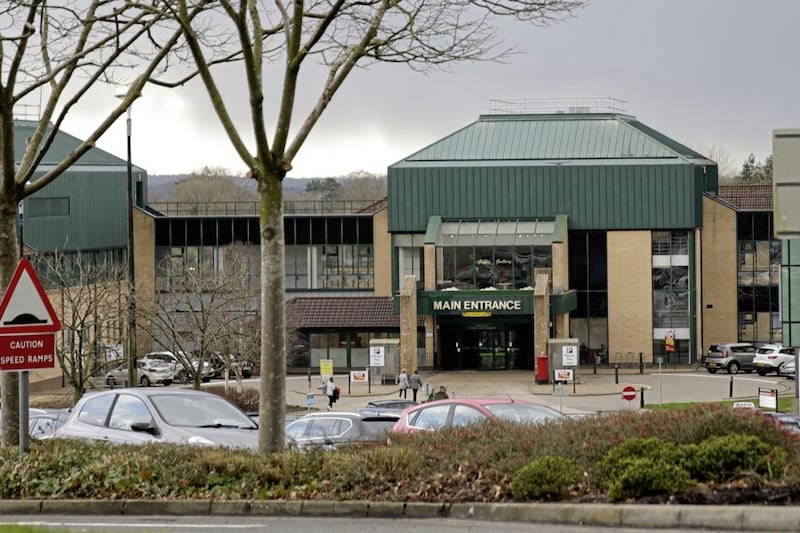THE Department of Health has apologised after 2,580 patients waited more than 12 hours to be treated in Northern Ireland A&E units during March.
The department's own targets state that 95 per cent of patients attending any emergency care department should either be treated and discharged or admitted to hospital within four hours of arrival.
It adds: "No patient attending any emergency care department should wait longer than 12 hours."
The aim was that "by March 2018 at least 80 per cent of patients should have commenced treatment, following triage, within two hours".
However, in March this year more than one in three patients were still waiting to be treated four hours after their arrival and 2,580 were still waiting after 12 hours.
A department spokeswoman said there was a 6.2 per cent increase in A&E attendances in the first three months of 2019, and a 13 per cent increase in people aged 95 and older.
"Clearly, too many patients are waiting too long in our EDs. We apologise to those patients," she said.
"Colleagues across the Health and Social Care (HSC) system are working very hard to deal with the growing ED pressures and to identify areas where improvements can be made."
UUP health spokesman Roy Beggs said the waiting times would not be tolerated in any other part of the UK.
"Between April 2018 and March 2019, 88% of patients in England were treated or admitted within four hours, according to NHS England data," he said.
"The figure for all the main emergency units across Northern Ireland for just the month of March 2019 was 62.3 per cent.
"Whilst it's marginally better than what it was in March 2018, any attempt by the local Department of Health to proclaim some sort of accomplishment would be totally misplaced.
"Doctors in England have been warning that patients are `dying prematurely' amid `intolerable' hospital delays there. I am frightened to think what those same doctors would have to say about ours."
He added that the figures are against a backdrop of "a very mild December" and a strain of winter flu "not nearly as virulent as last year's".
"We still don't have enough beds, we still don't have enough staff and we still don't have enough adequate care packages in the community.
"Someone, either here or at Westminster, ultimately needs to be placed in a position to take urgent decisions for the benefit of patients."
The department's review of urgent and emergency care will see a `health service summit' in June and a public consultation on proposals for a new model of care later in the year.








